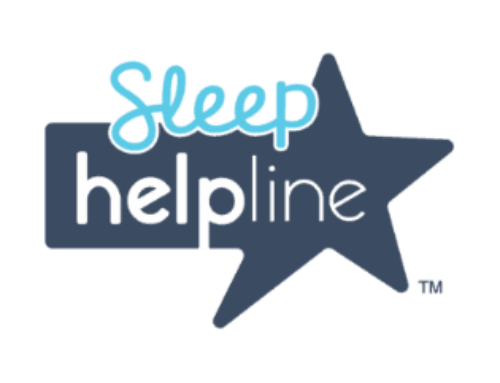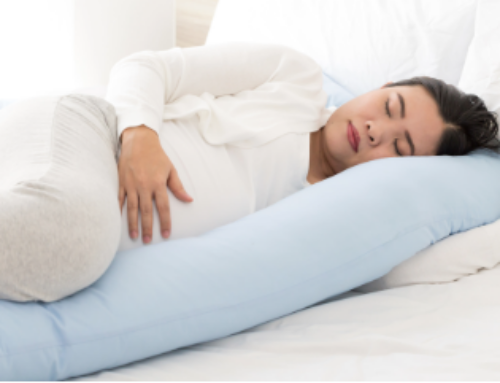In people that are well-rested, spontaneous fluctuations in skin blood flow occur in a coordinated way all over the body, resulting in simultaneous small changes in the same direction in the temperature of hands and feet. Sleep deprivation disrupts this coordination, according to a new study.
“This information could help to improve the detection of sleepiness through measurements of the temperature of hands and feet,” said the study’s primary investigator, Dr. Eus J.W. Van Someren, head of the Department of Sleep and Cognition at the Netherlands Institute for Neuroscience (NIN), an institute of the Royal Netherlands Academy of Arts and Sciences and professor in the Department of Integrative Neurophysiology, at the VU University in Amsterdam. “The results provide a new window on the harmful effects of sleep deprivation on cardiovascular regulation.”
The study, appeared in the December issue of the journal SLEEP. The study involved 8 healthy, young adult volunteers. Participants underwent a night of normal sleep or total sleep deprivation on the night prior to each experimental day. Vigilance, or wakefulness, was measured five times per day at regular intervals using the Brief Stimulus Reaction Task (BSRT).
Results show that sleep deprivation disrupts the coordination of fluctuations in regulating body temperature. The separation of middle and lower body temperature gradients may therefore be evaluated as a marker of sleep debt, and the upper body gradient as a possible aid in vigilance assessment when sleep debt is unknown.
“Uncoupling and anti-correlation of spontaneous fluctuations in the temperature of hands and feet has never been found before. Meaning that when the blood flow in the feet increases and consequently their temperature goes up, the blood flow in the hands drops and results in cooler hands.”
The American Academy of Sleep Medicine considers sleep disorders an illness that has reached epidemic proportions. Board-certified sleep medicine physicians in an AASM-accredited sleep center provide effective treatment. AASM encourages patients to talk to their doctors about sleep problems or visit www.sleepeducation.com for a searchable directory of sleep centers.





